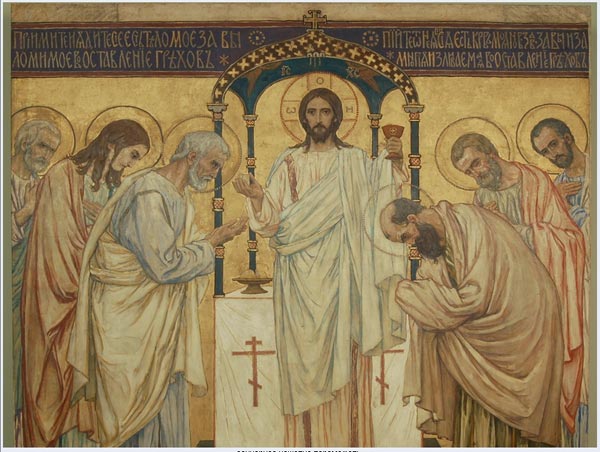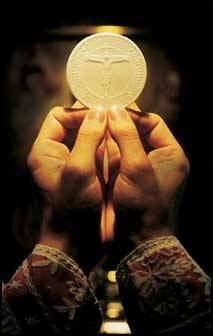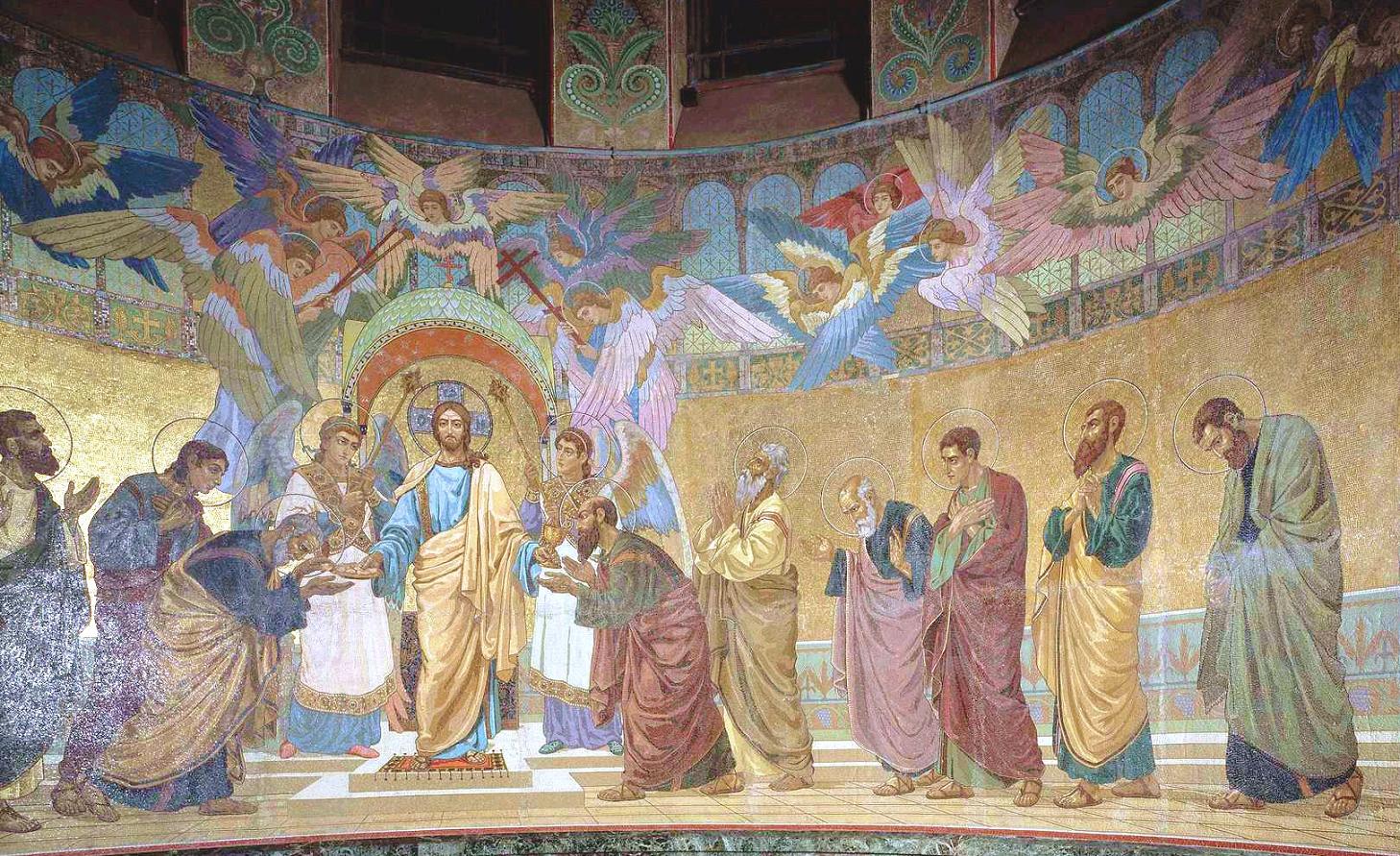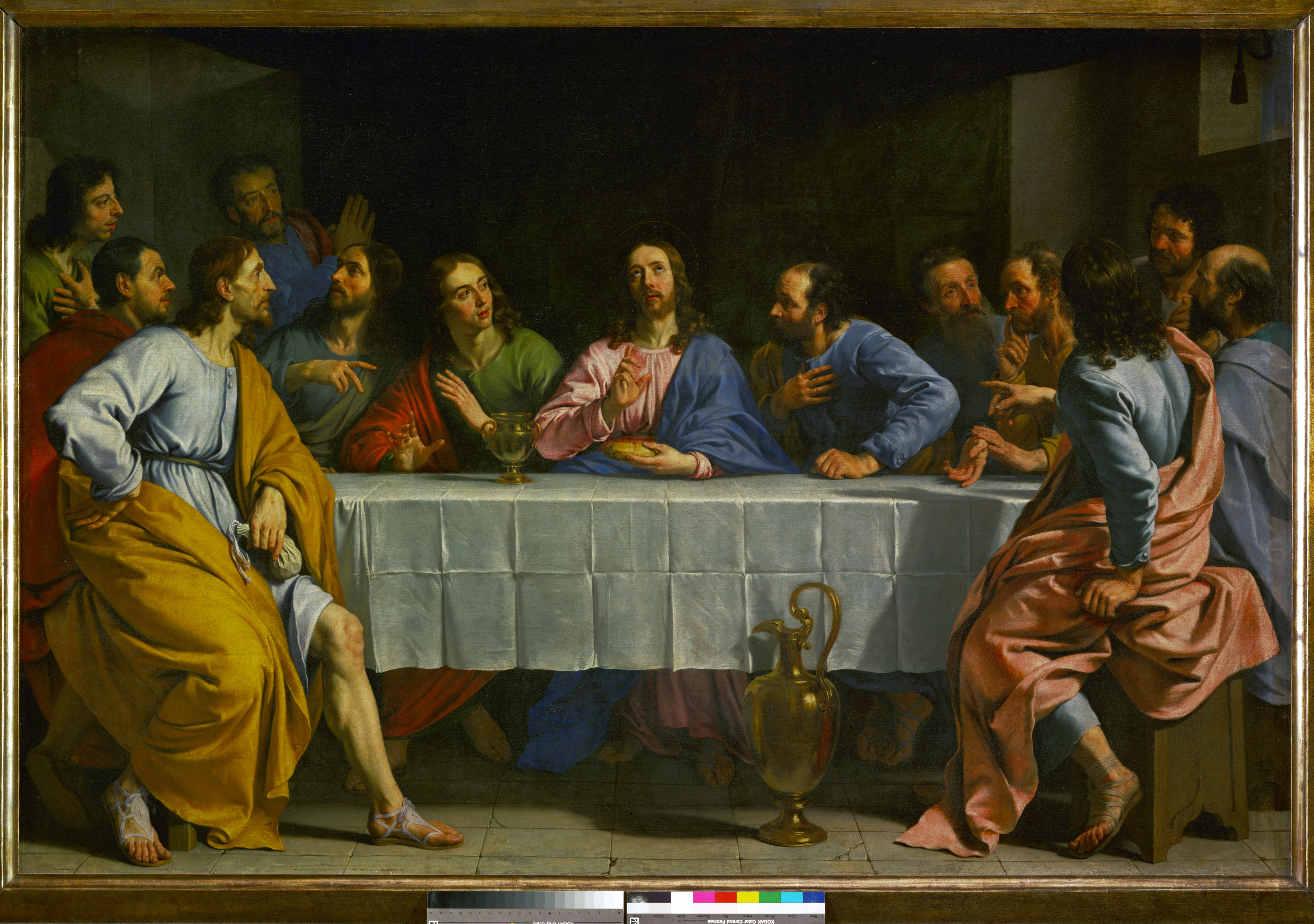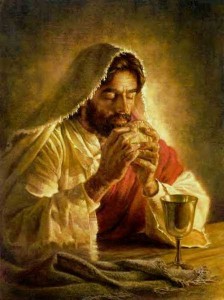
Heavenly Worship
You have captivated my heart, my sister, my bride;Â you have captivated my heart with one glance of your eyes, with one jewel of your necklace.
Song of Songs 4:9
We have been discussing “Heavenly Worship” (Part One, Part Two). Heavenly worship is the Holy Spirit lifting up the church with the ascended Christ into the throne of God for the worship and praise of God. Holy Eucharist unites heaven and earth by elevating the church into an experience of worship with the people of God, past and present, around the throne of God in the presence of God.
Heavenly worship is praising and worshiping the Godhead with the angels, archangels, seraphim, cherubim, twenty-four elders, and all the company of heaven. Heavenly worship is Revelation four and five in action: all of heaven and earth proclaiming the greatness, wonder, and holiness of the Father and the Lamb.
We join with the eternal throng in rejoicing over God’s holiness (Rev. 5:8), praising God in creation (Rev. 4:11), glorifying the finished work of the Cross (Rev. 5:9-10), honoring the person and work of the Lamb (Rev. 5:12) and singing gratitude for the unity of the Godhead (Rev. 5:13). Around the altar of God, the church is given a grand invitation to be lifted up into the heavenly places (Eph. 1:3) and experience now the joy of God ‘s presence in eternal worship.
Heavenly worship begins with each individual’s heart filled with an attitude of praise and thanksgiving (Heb. 13:15). This praise starts with a desire to minister to the heart of God moment-by-moment through trust and obedience. Ministry to God does not mean that he is deficient or needy in some manner, but ministry for the sake of bringing God’s heart joy in a world that rejects his love and grace. The Song of Songs 4:9 describes allegorically this heart of worship:
“You have stolen my heart.” The Lord says to the believer, “Your love for me ravishes my heart. You cause my heart to beat faster in delight over our love relationship. “With one glance of your eyes.” You minister to me when you trust me with your life. “With one jewel of your necklace.” With one act of your will to obey and believe God’s Word, my heart is blessed.
Song of Songs 4:9 (NIV)
The translations of 4:9: “captivate” (ESV), “ravish” (NKJV) or “steal” (CEV) or “cause his heart to beat faster” (NASB) are all attempts to define the one Hebrew word which means to bring God great joy and delight because of our love for him.
Jesus’ heart is filled with extravagant passion for His people. It is fantastic that God is filled with emotion. God describes His own heart as overcome with emotions of delight with people He finds unusually attractive. He feels these emotions even toward immature believers. People find it difficult to grasp this truth of the passionate grace of God. The Holy Spirit will reveal this divine romance (Romans 5:5).
Mike Bickle, “The Ravished Heart of the Heavenly Bridegroom”(Kansas City, MO: IHOP), 2.
In faith and obedience, we bless God’s heart through our worship. Day-by-day we bless him by our attitude and actions as we trust him (Heb. 11:6). God’s heart is blessed, when we live lives that worship the Lord by honoring him throughout the week in faith and obedience.
When individuals worship the Lord throughout the week, and then these same individuals gather corporately, the congregation is lifted into the heavenlies by the Spirit of God. Worship is “good” when God’s people are gathered for the one goal of blessing God’s heart in gratitude for his greatness and his grace, then and only then, we are lifted up in the heavenlies with Him. Remember, a trusting heart and a yielded will are the essence of worship–the essence of heavenly worship.
If the sinner gives one look at the uplifted Son of God, he receives love and life more abundant. When the Jews in the wilderness looked at the brazen serpent, they were healed and lived; and the sin-sick soul, in order to be saved, needs to look but once to the Lamb of God that has borne away his sins. As the Holy Spirit points to Christ dying upon the Cross of Calvary, His voice comes to ever soul, beseeching him to “look and live.â€
Not only does one look secure the love of Christ, but the glance of one of the virgins of the bride is precious to Him. By one glance of our eyes, by turning our eyes and hearts. Heavenward in prayer and praise, we can hold our dear Lord until He envelops us with His love and presence. When we come to Him in obedience and submission, in love, adoration, and humility, we can hold Him and draw down answers to prayer.
Cora Harris MacIlravy, Christ and His Bride: Commentary on Song of Songs (Asheville, NC: Elbethel, 1916), 253.
